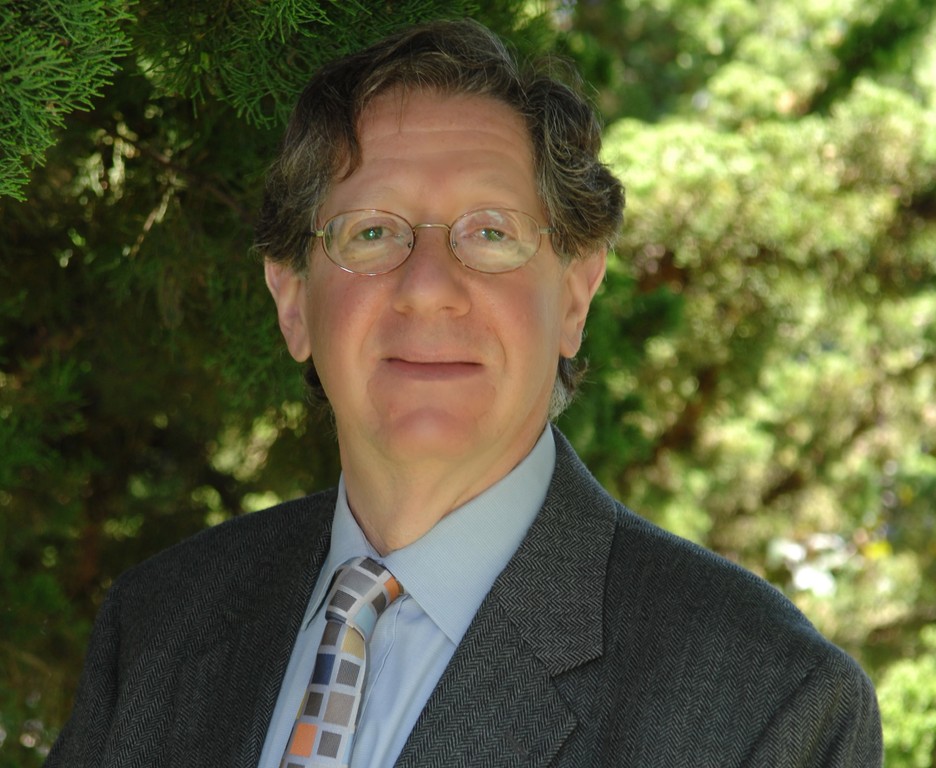The psalmist's road to teshuvah
It was Rav Kook, in his commentary on Psalm 27:12, who taught us the following: “The purpose of prayer is to elevate the soul by bolstering its powers with images of holiness and perfection. There are an infinite variety of such mental images, and G-d knows exactly which ones are needed to perfect each individual soul."
Thus, we come to view this psalm, recited over 100 times during this holy season, as both a preparation and a plea in our path to repentance.
In a newly published commentary, “The Koren Tehillim,” Rabbi Dr. Tzvi Hersh Weinreb presents practical takes on each of the 150 psalms, helping us to better understand and appreciate their meaning.
According to Rabbi Weinreb, his commentary is meant to teach us the immense emotional power of tehillim, by prefacing each kapitel, or individual psalm, with a brief meditation.
“With this meditation I have tried to convey the emotional impact which each Psalm, or verse or phrase thereof, had upon me in a given moment in my own life experience. … But tehillim is not just meant as an emotional stimulus. It also must be studied intellectually. To inform the reader with at least a taste of tehillim's intellectual content I have written a brief essay to each kapitel that reflects my own insights, and those of the traditional commentators."
This essay will focus upon Rabbi Weinreb's take on Psalm 27, "L' David Hashem Ori," the premier kapitel of the Yamim No'ra'im.
We begin with Rabbi Weinreb's meditation: “My outer life is full. But my inner life is empty. A voice inside of me is calling. I strain to hear it. What is it saying?"
Sit back with a psalm you are already familiar with, read it again and then read the following commentary on this text:
"In our psalm, David expresses his trust in G-d. In spite of his many enemies he asks, 'Of whom shall I be afraid?' He is sure that his adversaries will stumble and fall. He is ready to do battle, and feels certain of victory.
"But he wants more than worldly achievements, victories for his body. His soul calls out to him: On Your behalf my heart says, 'Seek My face!’
"He searches for meaning and purpose. He wants opportunities for prayer and meditation. ‘One thing I ask of the Lord, this only I seek: To live in the house of the Lord all the days of my life, to gaze upon the beauty of the Lord.'
"He 'asks' (Hebrew: sha'alti) and he 'seeks' (avakesh). Are these words perfectly synonymous, or do they have slightly different shades of meaning?
"Rabbi Yonatan Eybeschutz, a prolific 18th century rabbinic scholar, elucidates the subtle difference between these two closely related words: 'A request for something which is transient is termed she'la. But for a request for something which is enduring, and certainly for something which is eternal, the term bakasha is used.'
“… Let us see how he uses his nuanced distinction to interpret our text.
"One thing I ask of the Lord (achat sha'alti). David asks that he spend 'all the days of my life' … is a short-term request. 'This is because few in number are a man's days on this earth.'
" 'Thus, David's she'ela, or short term wish, was to spend his fleeting this-worldly life in the house of G-d, engaged in prayer and contemplation.
"But as a consequence of the fulfillment of his she'ela, his 'temporary' residence in G-d's earthly abode, he anticipated that his bakasha, his eternal request to 'gaze upon the beauty of the Lord,’ would be granted to him as well.
"Rabbi Eybeschutz imparts a basic Jewish teaching here. The mundane world and the eternal world are not identical to each other. But, they are somehow parallel to each other, so that when we achieve our earthly spiritual objectives, we already partake of celestial spiritual rewards."
Rabbi Weinreb concludes with the following:
"David's two requests, his she'ela and his bakasha, are thus in some sense one and the same: If one sojourns in this world's 'house of G-d,' one experiences a foretaste of the World to Come, here and now. Live in G-d's house on earth, and you are already 'gazing upon the beauty of the Lord’."
Next time you recite "L'David Hashem Ori,” think back over this teaching, and learn to parse your words more carefully, with great kavanah.
FOR FURTHER STUDY
The following should help to extend the above teachings. Both are available on the VBM website. "Sefer Tehillim, Shiur # 1" by Rav Elchanan Samet, and " Teshuva: Two Dimensions of Return" by Rav Alex Israel can each serve as an excellent introduction to the holiday season.
Also, there is our own Rabbi David Etengoff's shiur on L'David Hashem Ori, Psalm 27 Part 1, available at tinyurl.com/ogvfklz
Learn and, as always, enjoy.

 52.0°,
Overcast
52.0°,
Overcast 




